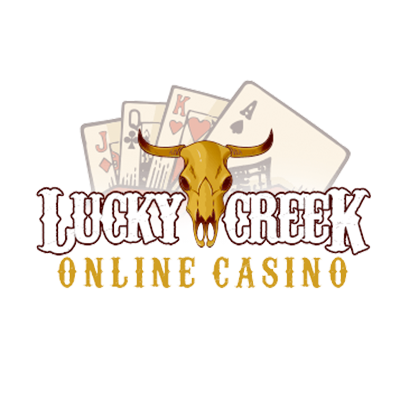Best American Express Online Casinos in New Zealand
American Express cards were introduced by a U.S. financial corporation established in the mid-19th century as a fast-delivery mail enterprise. Today, the company has its head office in New York and also runs branches in many worldwide locations including New Zealand. There are many different types of American Express cards that differ in CC limits, interest rates, transaction fees and annual fees among other things.
AmEx products are less popular than the other two leading credit card companies (Visa and MasterCard); however they are working up the NZ market by leaps in bounds, boasting of 22,000 new places across New Zealand that now welcome AmEx cards, according to their official website. Platinum and other types of AmEx cards are accepted in some online casinos, making it an economically viable alternative to other credit card solutions.
American Express deposit and withdrawal
If you have ever deposited to an online casino with whatever credit card, then you will know how AmEx works. To place a deposit, you have to choose the relevant payment option in the cashier, fill out your card number, its expiration date and your personal details. Some banks can establish certain spending limits, which you must clarify before making a transaction. Minimum deposit limits vary across online casinos. Depositing is almost instant, while AmEx withdrawal (if available) can take up to a few days.
American Express card fees
American Express is one of the most expensive credit cards in the world. Suppose, you transfer money to a native New Zealand online casino, in which case you will pay a domestic transaction fee of NZ$2. For overseas transactions, there is an NZ$5 flat fee. If your AmEx transaction involves currency conversion, you will have to pay a 2.5% of the converted amount. Besides, you are charged an annual fee which is dependent of the type of the card you hold: NZ$55 per annum for Green Card, NZ$95 p.a. – Gold Card, and NZ$1250 p.a. – Platinum Card.
Types of AmEx cards
There are three major variants of cards: Charge, Credit, and Debit Cards. While each can be used for online casino payments, there are some distinctions between them. Charge and Credit cards are very similar, except that the former has no interest on purchases if the holder has paid off the closing balance entirely. In a Credit Card, interest applies to the remaining balance. As for a Debit Card, it is tied to your bank account, so you can use only the money you own. Whichever card type you pick, it will be suitable for online casino transactions.
You may apply for a card on https://www.americanexpress.com and get a decision in less than a minute. Alternatively, find a bank operating under a license from American Express in your vicinity and have a card issued there.
AmEx pros and cons
Card products of this world-class financial company are versatile and complex. A casino player should leverage the strong points of American Express cards and give up on them if a specific online casino sets forth too harsh terms for credit card payments. Anyway, the evident pros for AmEx are:
- Fast deposit and withdrawal with online casinos
- AmEx cards provide superb complimentary priviliges like Membership Rewards, Dining Credit, Personal Concierge and a host of other benefits, many of which are travel-related
- Since flat transaction rates are used, AmEx cards are great for massive deposit or withdrawal
- Platinum Card holders can have a max credit limit of up to NZ$50,000
Most of the cons are related to their oversized fees that sometimes put players off. The cons are as follows:
- A vast majority of online casinos accept only AmEx deposits, laying players under a necessity to use another method for withdrawal
- High annual fees
- Non-feasible for small payments due to high flat fees
- Cards are not issued to everyone. AmEx experts may reject application for a card based on the person’s bad credit history, insufficient total annual income and other factors.




